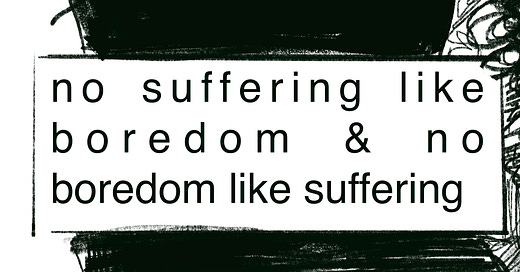I was raised by artists.
Years after my older brother died, his ex-girlfriend wrote to me and told me how my parents looked from the outside: my tall father with his long native hair, my mother wrapped in the bright textiles she brought back from her pilgrimages to India, long skirts and jackets and pashminas, both of them so beautiful and so different, …




